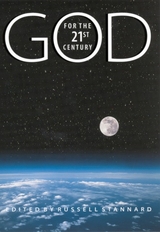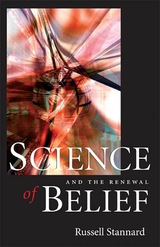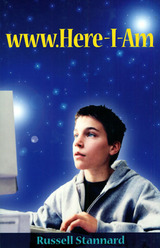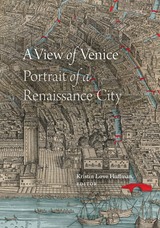
Just as modern science has revolutionized our understanding of the natural world, so can it expand our understanding of the Divine. In topics as varied as astronomy and cosmology, evolution, genetic engineering, extraterrestrial life, psychology and religious experience, spirituality and medicine, and artificial intelligence, fifty key thinkers discuss the interrelationship between science and religion.
Contributors include Robert Jastrow, first chairman of NASA's Lunar Exploration Committee and currently director of the Mount Wilson Institute; Rod Davies, former director of the Jodrell Bank Radio Astronomy Laboratories, U.K.; Owen Gingerich, senior astronomer, Smithsonian Astrophysical Observatory; Paul Davies, recipient of the Templeton Prize for Progress in Religion; Sir John Haughton, former director general of the United Kingdom Meteorological Office; Lord Habgood, former archbishop of York; and science writers Kitty Ferguson and Gregg Easterbrook.
The writers are drawn from eight countries and represent the Christian, Jewish, Islamic, and Hindu traditions. Most are scientists by profession, but also included are philosophers, theologians, and psychologists. Each chapter of this innovative, accessible book helps to expand our thinking in light of what is known at the dawn of the twenty-first century. Taken as a whole, this book presents a challenging understanding of God and of God's interaction with the world and with ourselves.
Topics covered include:
•Creation and evolution•Life on other planets
•Genetic engineering
•Faith and medicine
•The mind and the soul
•Quantum physics

Originally published in Great Britain and now updated and available for the first time in a U.S. edition, this book is a critically acclaimed work by a renowned theologian-scientist.
Russell Stannard is known for cutting through highly technical data and presenting it clearly and simply. In Science and the Renewal of Belief he sheds light on ways in which science and religion influence each other and can help each other. Science and logic cannot establish belief, he says, but belief can be confirmed and renewed with the changed perspective of modern science.
The many reviews of the U.K. edition of his book cite his lucid presentation of relativity and quantum theory, and the way he uses relativity to explore time and eternity, and indeterminacy to comment on free will. He is also praised for offering fresh insight into original sin, the trials experienced by Galileo, the problem of pain, the possibility of miracles, the evidence for the resurrection, the credibility of incarnation, and the power of steadfast prayer. By introducing simple analogies, Stannard clears up misunderstandings that have muddied the connections between science and religion, and suggests contributions that the pursuit of physical science can make to theology.

•Does belief in God play a part in that?
•Do you believe in evolution—that you came from animals?
•Do you think there is life on other planets?
•If so, does that make human beings less important?
•Do the world religions contradict each other, or are they simply talking about the same God in somewhat different ways?
•How should belief in an afterlife affect the way you live this life?
READERS
Browse our collection.
PUBLISHERS
See BiblioVault's publisher services.
STUDENT SERVICES
Files for college accessibility offices.
UChicago Accessibility Resources
home | accessibility | search | about | contact us
BiblioVault ® 2001 - 2024
The University of Chicago Press









